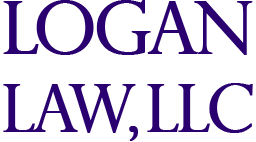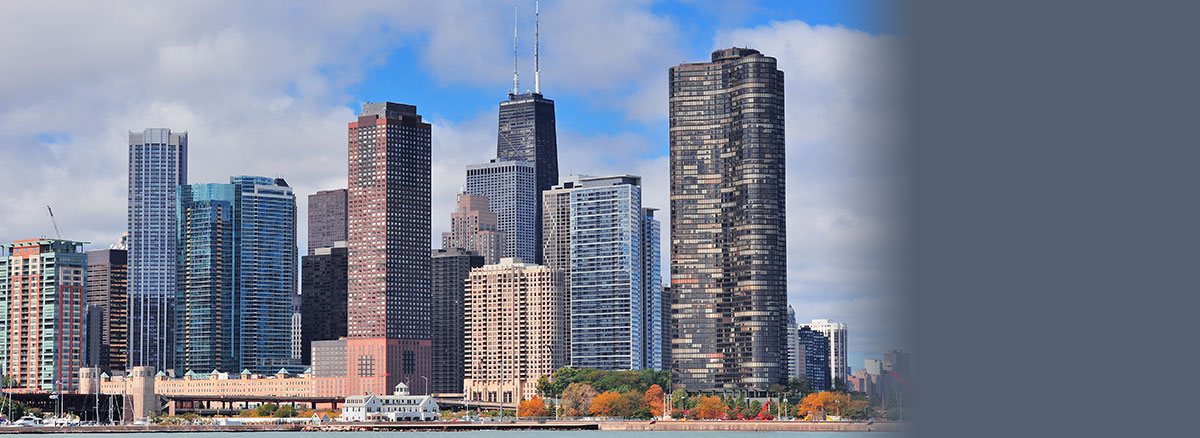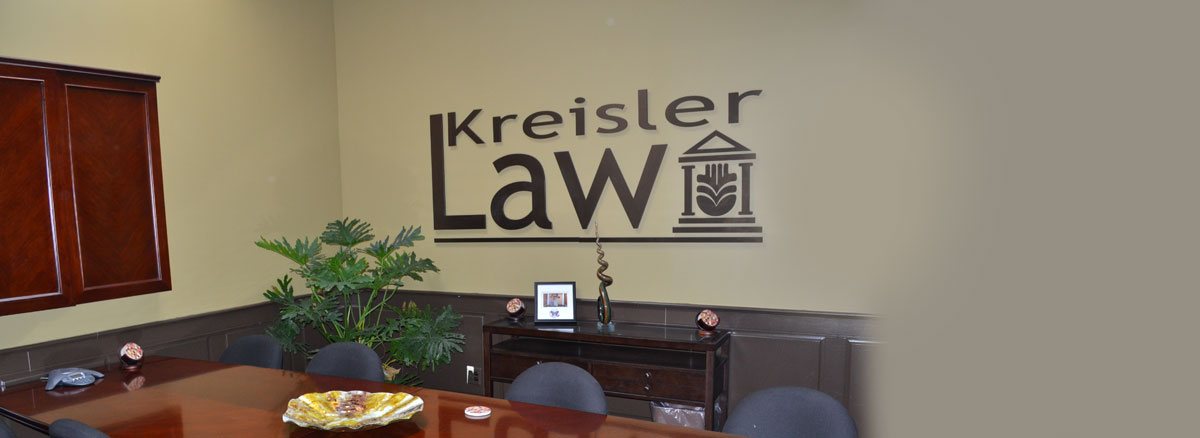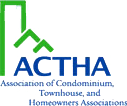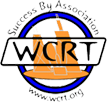
Posts Tagged ‘condominium association’
Illinois Condominium Law Clarified as to Closed Session Board Meetings
The 2014 Appellate Court decision in Palm v 2800 Lake Shore Drive Condominium Association held that discussions of condominium business and taking action on matters at meetings closed to unit owners by a quorum of association Board members was improper except under very limited circumstances. Closed sessions could only be held to discuss (i) pending, imminent or threatened litigation involving the association, (ii) employment issues, (iii) rule violations and (iv) delinquent unit owner assessments.
Effective June 1, 2016, the Illinois Condominium Property Act has been amended to clarify how the closed sessions should be conducted. The amendment provides that closed sessions can only be held as part of a properly called open board meeting.
After the open board meeting is called to order, the directors may then move into a closed session to discuss the topics properly part of a closed session. The amendment also clarifies that any vote on matters considered in a closed session must take place in an open board meeting.
Logan Law, LLC condominium attorneys have represented Illinois condominium associations for forty five years and have a depth of experience and knowledge of Illinois condominium law. Feel free to contact a Logan Law, LLC attorney whenever you need an attorney experienced in condominium or community association law.
Illinois Supreme Court Confirms Right of Illinois Condominium Association to Collect Past Due Assessments of a Foreclosed Condominium Unit
The Illinois Supreme Court has affirmed the Appellate Court’s 2014 decision in 1010 Lake Shore Drive Condominium Association v Deutsche Bank, which had held that an Illinois Condominium Association’s right to collect pre-foreclosure assessments is not necessarily wiped out by the confirmation of the foreclosure sale. The Supreme Court held that the assessment lien for pre-foreclosure assessments is only extinguished if two things occur, (i) the foreclosing lender names the condominium association as a party to the foreclosure suit and (ii) the purchaser at the foreclosure sale pays the assessments as they accrue beginning the month following the foreclosure sale.
The Supreme Court held that the payment of assessments after the foreclosure sale is essential “to confirm the extinguishment of the lien created by the prior owner’s failure to pay assessments.” The Supreme Court emphasized that the Illinois Condominium Act protects mortgage lenders by allowing the lender “from time to time (to) request in writing a written statement *** setting forth the unpaid common expenses with respect to the unit covered …” by the loan. Associations are cautioned to respond promptly to any such request to avoid giving a lender a possible defense to an action for pre-foreclosure assessments.
Associations with units delinquent in assessments which are being foreclosed are advised to consult legal counsel in order to make sure they recover the maximum amount of delinquent assessments available in this change area of the law. Feel free to contact a Logan Law, LLC condominium attorney, if you have any questions regarding collection of delinquent condominium assessments or if you need assistance or advice regarding other areas of condominium law.
Illinois Condominium Property Act Amended to Empower Emergency Action by Association Boards
The 2014 Appellate Court decision in Palm v 2800 Lake Shore Drive Condominium Association held that discussions of condominium business and taking action on matters at meetings closed to unit owners by a quorum of Association Board members was improper except under very limited circumstances. Effective June 1, 2016, the Illinois Condominium Property Act (ICPA) has been amended to clarify the power of an Illinois Association Board to take action in emergency situations.
A new section 18(a) 21 has been added to the ICPA to cover this situation. The new section specifically provides that “The intent of adding this paragraph (21) is to empower and support boards to act in emergencies”.
The new section permits the Board to ratify and confirm actions of board members taken in response to an emergency. The section requires that within seven business days of the occurrence of an emergency event, board members give notice to unit owners of the occurrence of the emergency as well as a general description of the actions to address the event.
Logan Law, LLC condominium attorneys have represented Illinois condominium associations for forty five years and have a depth of experience and knowledge of Illinois condominium law. Feel free to contact a Logan Law, LLC attorney whenever you need an attorney experienced in condominium or community association law.
2015 Changes to the Illinois Condominium Property Act Improve the Rights of Illinois Condominium Associations to Lease Units Obtained in Eviction Proceedings
Several legislative changes have been made in the Illinois Condominium Property Act, effective with the beginning of 2015.
In one important change, an Illinois condominium association’s rights with respect to a unit obtained in an eviction proceeding have been both improved as well as clarified. Under the new rules, an association which obtains possession of a unit in an assessment eviction proceeding has eight months after the month in which the end of the stay of enforcement of the eviction order occurs to lease the unit. The lease of the unit may be as long as 13 months. If the association fails to enter into a lease commencing within the eight month period or if the rents received within the lease period are not sufficient to make the association whole, the association must obtain approval from the eviction court to enter into a new lease or extend an old lease.
The association may, with interim court approvals as noted above, continue to lease the unit until it has collected 100% of past due assessments, statutory interest (at 9% per annum) under the unpaid judgment amount, attorney’s fees and court costs incurred in the eviction action, reasonable expenses necessary to make the unit rentable and finally all new assessments and other proper charges which accrue during the period after the eviction judgment was obtained. The eviction court retains jurisdiction to determine the reasonableness of expenses of re-renting the unit.
If you have any questions about condominium association assessment collection or other aspects of Illinois condominium law, Logan Law, LLC can give you the answer. Feel free to contact Logan Law, LLC at any time.
Illinois Residential Communities Must Now Allow Access to Licensed Process Servers
Effective January 1, 2015, the Illinois legislature has made effective an amendment to the Illinois Code of Civil Procedure requiring that licensed special process servers be given access to the common areas and common elements of residential communities in order to serve legal process (e.g. a summons) on someone who resides in or is known to be located within the community. The new rule applies to Illinois condominium associations, housing cooperatives and other private communities and buildings.
Logan Law, LLC condominium attorneys have represented Illinois condominium associations for forty five years and have a depth of experience and knowledge of Illinois condominium law. Feel free to contact a Logan Law, LLC attorney whenever you need an attorney experienced in condominium or community association law.
2014 PALM II Decision Has Changed the Ball Game for Conducting Business by Illinois Condominium Association Boards
The 2014 Appellate Court decision in the long running dispute Of Gary Palm v 2800 Lake Shore Drive Condominium Association will have long lasting and deep effects on the conduct of the Board of Managers of Illinois condominium associations. The decision will change the way most Boards conduct their business. Until Palm, most condominium associations and condominium law attorneys believed that a Board could meet in “closed session” telephonic or in person meetings or e-mail exchanges to discuss association business, so long as no final decisions were made or votes taken.
The Palm decision has turned that belief on its head, by holding that any meeting of a quorum of board members to discuss association business, including by telephone or e-mail, had to be held as an open meeting of the board, with proper advance notice to unit owners. The only exceptions to this rule were the three specific exceptions to the open meeting rule set forth in the Illinois Condominium Property Act, which are meetings:
- To discuss pending or threatened litigation involving the association;
- To consider information regarding the hiring and firing of employees; or
- To discuss rule violations or unpaid assessments.
Association Boards should be sure to consult their legal counsel regarding the rules of the post Palm II “brave new world” and to set up procedures to make sure that they do not run afoul of the law. Feel free to contact an experienced Illinois condominium law attorney at Logan Law, LLC, if you have questions about the Palm II decision or any other area of condominium association law.
